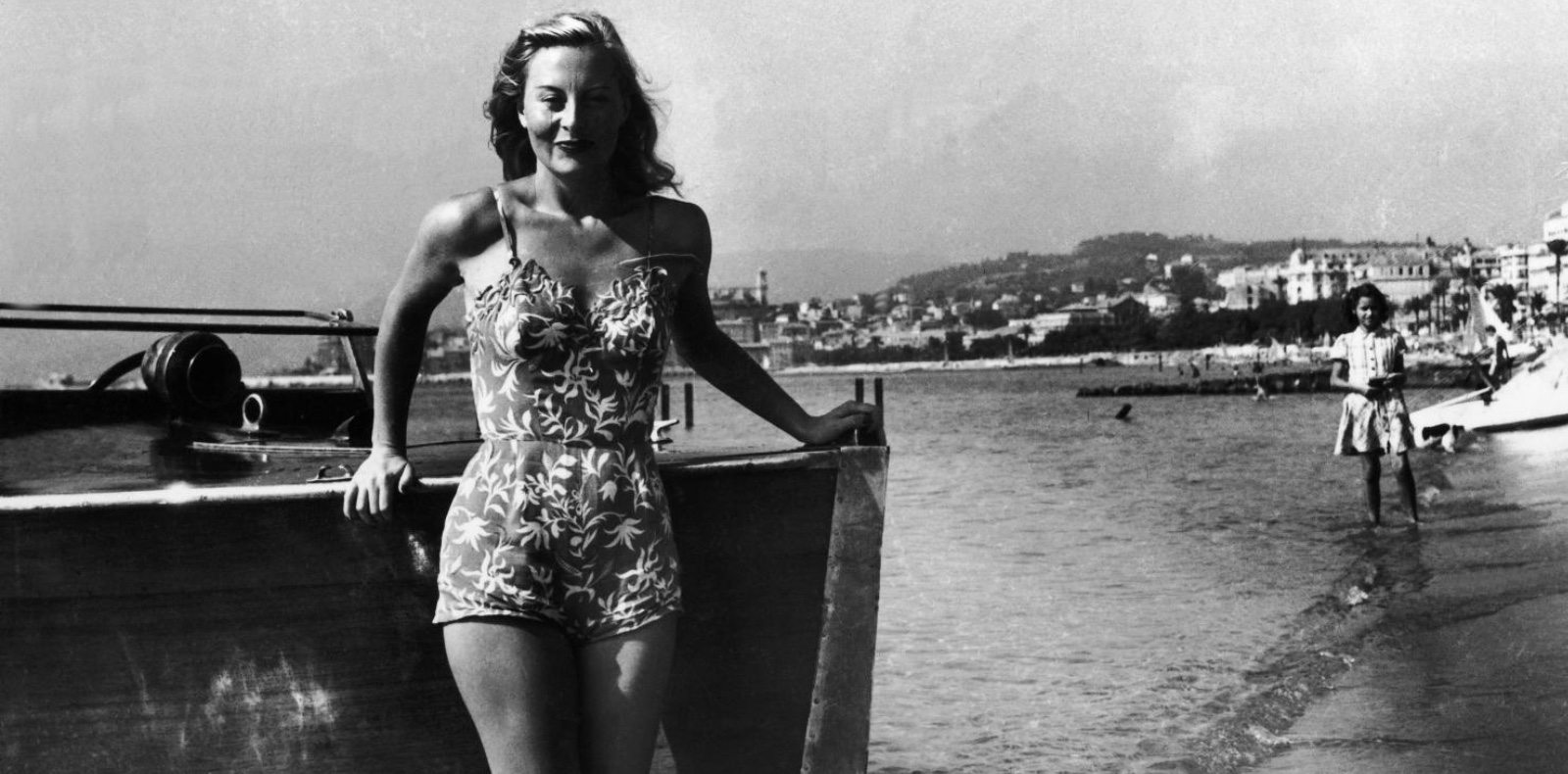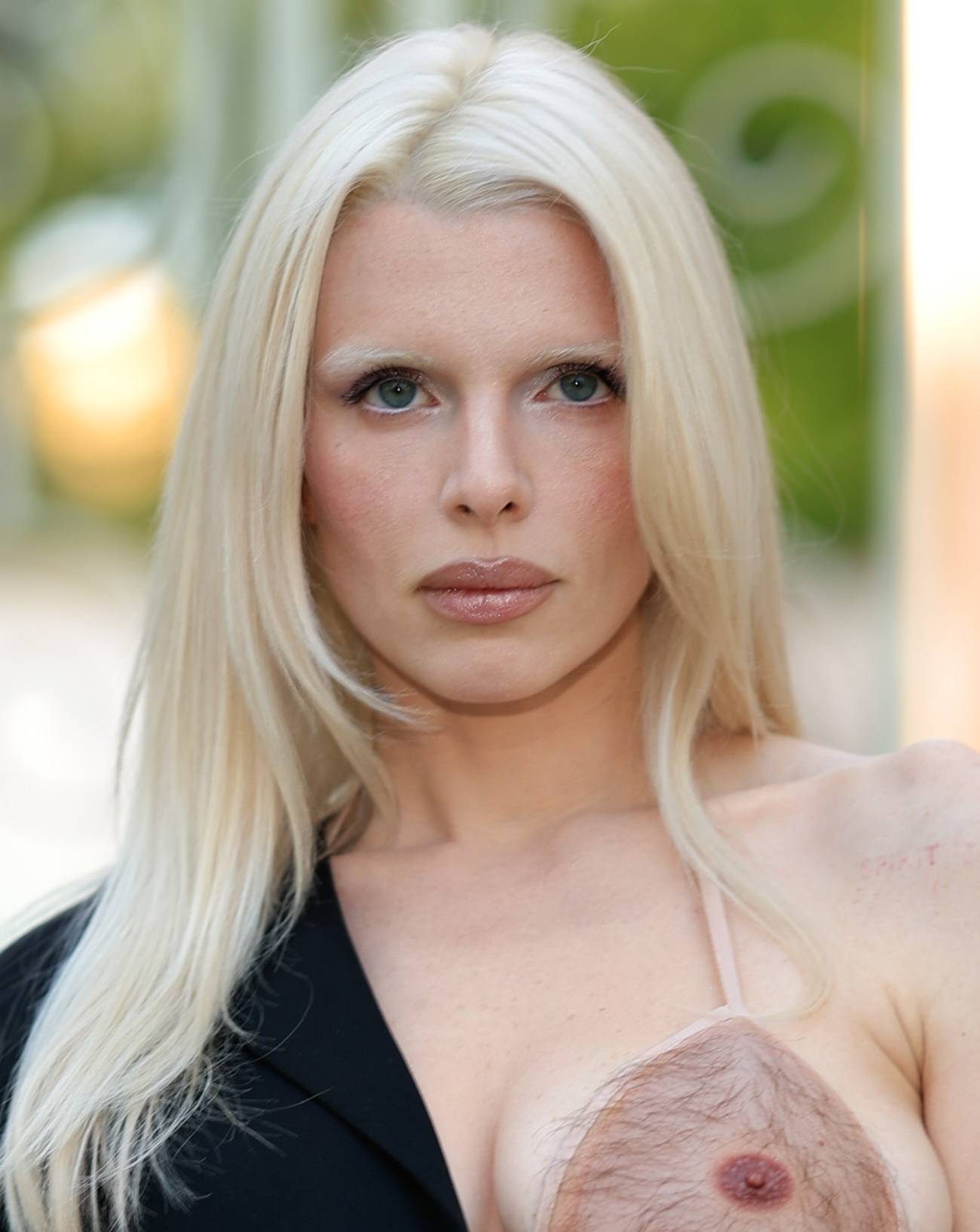

On September 1st 1939, France was ready to welcome an armada of both French and foreign films on a chartered ocean liner direct from the American company Metro-Goldwyn-Mayer. The city of Cannes was bubbling with excitement: with its luxury hotels and, above all, its projection room with nearly a 1000 seats, which is why it had been chosen - over Biarritz or Vichy - to host the first international film competition in France. Obviously the crème de la crème of the movie business were set to arrive on the Croisette, formerly called Boulevard de l’Impératrice. But against all odds, the festival was cancelled: the German army annexed Poland, protected by the German-Soviet Pact of August 23rd, 1939... The French cultural industry was floored, having been trying to organise a film festival for the previous ten years. The Italians had struck hard with their Venice Film Festival that had been handing out awards since 1932, when the first ever film to be screened at the event was Doctor Jekyll and Mr Hyde by the American director Rouben Mamoulian. But France refused defeat and, a few years later, benefited from the geopolitical context while nursing its wounds. Italy wasn’t quite so proud after the Second World War, and its fascist regime convinced the Anglo-Saxons to boycott the Mostra. Far from being a simple ersatz, the Cannes Film Festival could dream big!
Fireworks, flower battles, movie stars and fashion shows ... From September 20th to October 5th, 1946, Cannes was buzzing. The first international film festival in France had just been inaugurated and it showed the work of 21 participating nations. There were two watchwords: "party" and "pacifism". At the time, the Palais des Festivals was still incomplete and the Festival’s official selection committee didn’t appear until 1972. But moviegoers are delighted. In order not to offend anyone, eleven films were recompensed, including La symphonie pastorale by Jean Delannoy - an adaptation of André Gide's novel which also saw its actress Michelle Morgan winning a prize -, Beauty and the Beast by Jean Cocteau and Rome, Open City by Roberto Rossellini. Ray Milland won Best Actor Award thanks to his performance in Billy Wilder's The Lost Weekend, an adaptation of the book, written two years earlier by Charles R. Jackson. It was The Battle of the Rails by René Clément that won the first ever Cannes Jury Prize at the festival. The French director tells the story of Camargue, a station master who helped Jews flee the areas occupied by the Nazis. This film, often considered today as caricatural and bordering on propaganda by certain spectators, obviously didn't receive the same reception in 1946.
Applauded by the French Resistance, this first ever Cannes Film Festival was a resounding success in spite of some chaotic moments - like when the reels of Alfred Hitchcock's Notorious were reversed. For budgetary reasons, and so that the festival didn’t encroach on the Venice Film Festival, the world had to wait until 1951 for the second edition of the Cannes Festival which this time took place in spring.
1946 : Cannes fait son premier Festival








